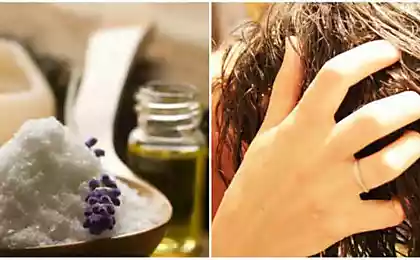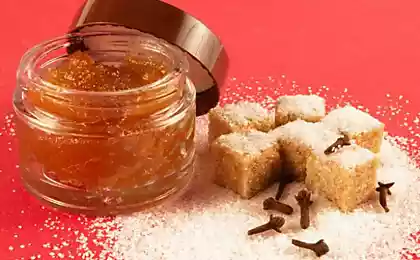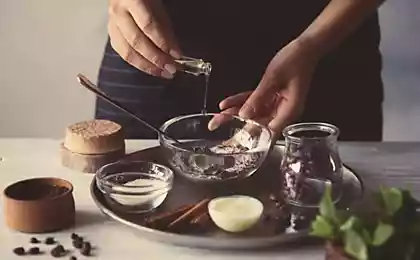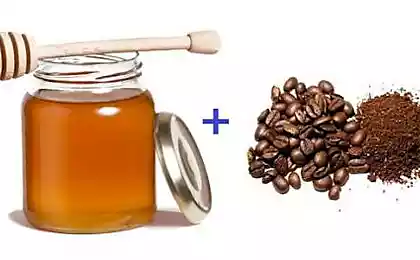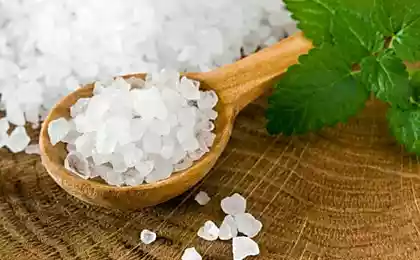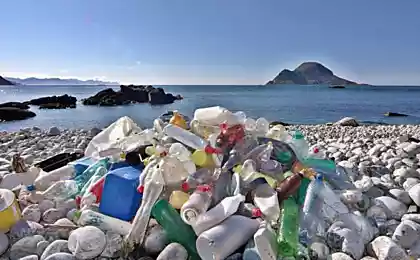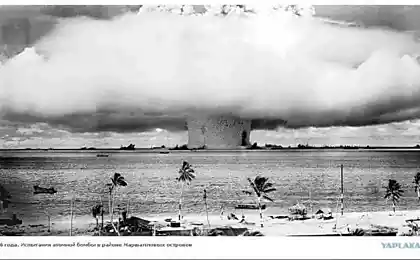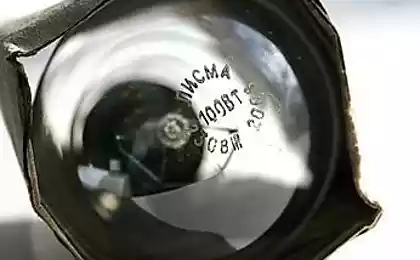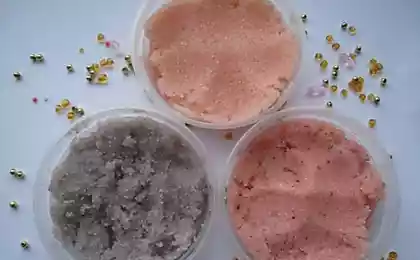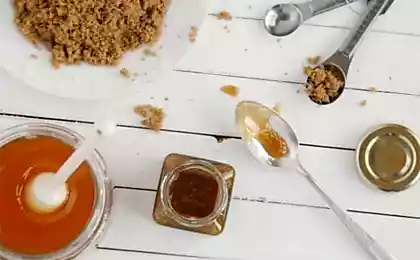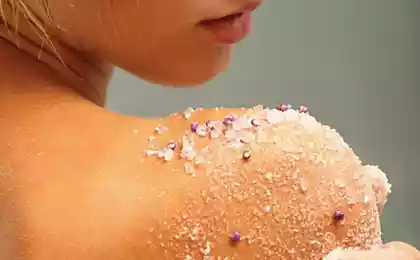455
New York intends to ban scrubs with vitamins
If you've ever used a scrub for face or body, it is very likely that its composition was plastic microspheres. These granules are used to exfoliate dead skin cells, but as with any other plastic products, they are a threat to the environment. For this reason, new York intends to take measures to ban cosmetics with plastic inclusions.
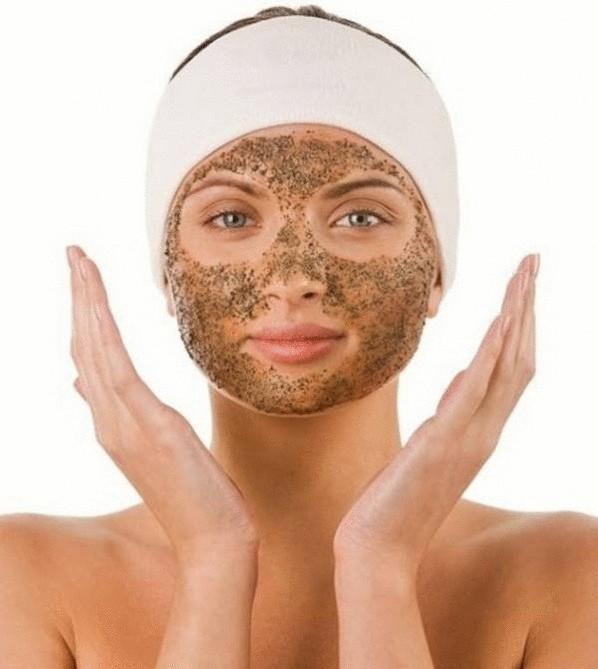
Microspheres are tiny balls of polyethylene and polypropylene, ranging in size from 0.004 to 1.24 mm. They are products for face and body from companies Clearasil, Clean & Clear, L'oreal and Neutrogena, as well as in some toothpastes. Research shows that potentially about 19 tons of these micro granules washed into the gutters of new York state each year.
The problem is that due to its tiny size and buoyancy, they penetrate through the filters of water treatment plants, holes which are larger than the diameter of the granules.
While plastic balls play the role of "sponges for toxic chemical pollutants" and are mistaken for food by many aquatic organisms. And this in turn means that chemical pollutants can enter the food chain and poison fish that are subsequently eaten by man and birds, turtles and mammals.
Institute of environmental research of the United States conducted in 2012 a study showed that for every 200 ml of scrub contain 21 grams of microgranules, which eventually are washed down the drain. A study of the marine biology Association of the UK in 2013 showed that one third of all fish caught near Plymouth, has marks inside the plastic.
In this regard, the attorney General of new York Eric Schneiderman launched an initiative about a ban of microgranules in the products sold in this state. This may be the first legislation of its kind in the United States.
In 2011, the leading company producing products for body care, including Procter & Gamble, Unilever, Colgate Palmolive and L'oreal, has pledged to remove micro beads from their products, but their lines still remain on the shelves.
source
Source: /users/413

Microspheres are tiny balls of polyethylene and polypropylene, ranging in size from 0.004 to 1.24 mm. They are products for face and body from companies Clearasil, Clean & Clear, L'oreal and Neutrogena, as well as in some toothpastes. Research shows that potentially about 19 tons of these micro granules washed into the gutters of new York state each year.
The problem is that due to its tiny size and buoyancy, they penetrate through the filters of water treatment plants, holes which are larger than the diameter of the granules.
While plastic balls play the role of "sponges for toxic chemical pollutants" and are mistaken for food by many aquatic organisms. And this in turn means that chemical pollutants can enter the food chain and poison fish that are subsequently eaten by man and birds, turtles and mammals.
Institute of environmental research of the United States conducted in 2012 a study showed that for every 200 ml of scrub contain 21 grams of microgranules, which eventually are washed down the drain. A study of the marine biology Association of the UK in 2013 showed that one third of all fish caught near Plymouth, has marks inside the plastic.
In this regard, the attorney General of new York Eric Schneiderman launched an initiative about a ban of microgranules in the products sold in this state. This may be the first legislation of its kind in the United States.
In 2011, the leading company producing products for body care, including Procter & Gamble, Unilever, Colgate Palmolive and L'oreal, has pledged to remove micro beads from their products, but their lines still remain on the shelves.
source
Source: /users/413


